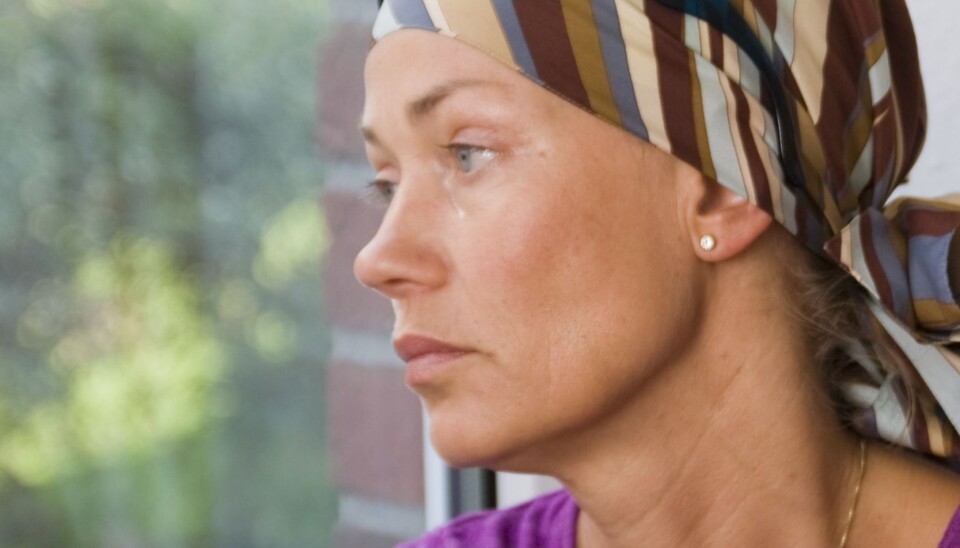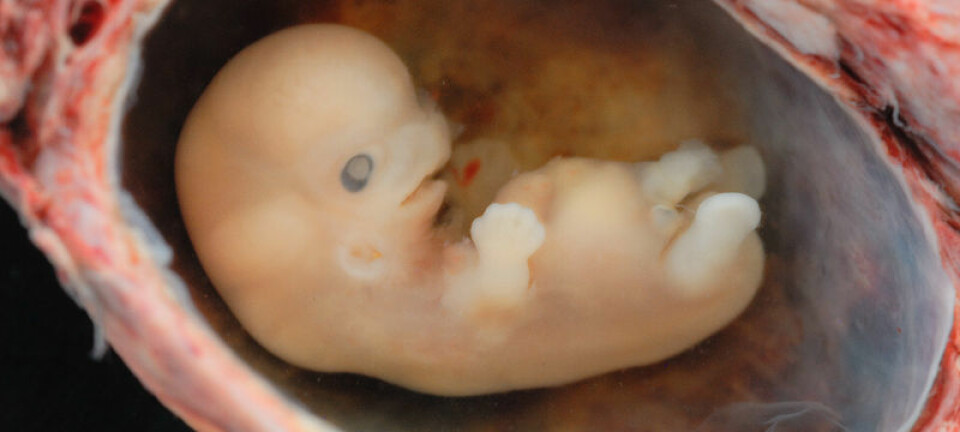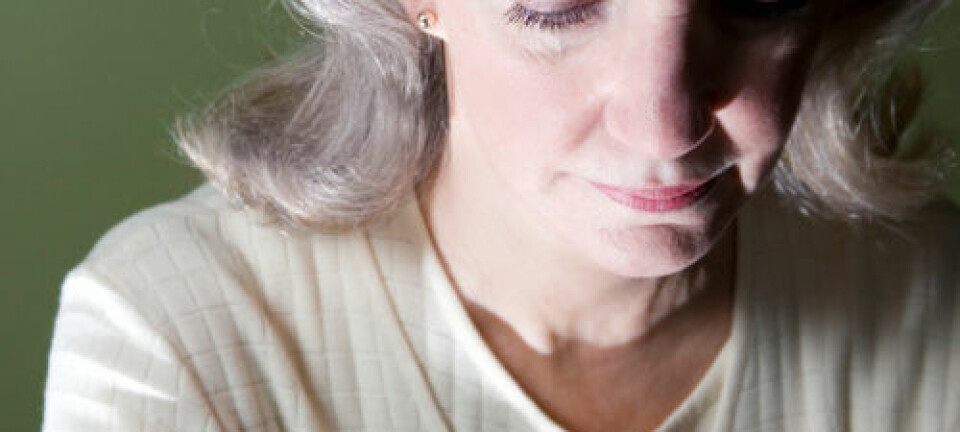
Increased risk of depression for cancer patients in alternative treatment
Breast cancer patients who use alternative methods to recover from chemotherapy or surgery are more often depressed than those who do not receive alternative treatment.
Dietary supplements, herbal remedies and other forms of alternative treatment are frequently being used by Danish breast cancer patients.
However, a new study shows that breast cancer patients who resort to complementary and alternative medicine (CAM) have a greater risk of becoming depressed than those who do not receive CAM.
The study is unique, since it focuses on how a large and representative sample of 3,000 patients from across Denmark experience the effects of alternative treatment.
“We’re very surprised at the results. This is directly contrary to our assumption that cancer patients who receive alternative treatment would get some form of relief that made them less likely to get depressive symptoms,” says Christiana Gundgaard Pedersen, a postdoc fellow at the Department of Psychology and Behavioural Sciences, Aarhus University, Denmark.
We’re very surprised at the results. This is directly contrary to our assumption that cancer patients who receive alternative treatment would get some form of relief that made them less likely to get depressive symptoms.
“Our study shows that users of alternative treatment experience far more depressive symptoms for more than a year after the completion of the cancer treatment, compared with those who did not receive alternative treatment.”
More than 3,000 study participants
Pedersen and her colleagues reached their results by asking 3,233 Danish women who had received treatment for breast cancer to answer a variety of questions about their well-being.
The women answered the first questionnaire three months after their last cancer treatment, and a second round came 12 months later. They were also asked whether or not they received any form of alternative treatment.
The depression worsened over time
The study, published in the journal Breast Cancer Research and Treatment, found that:
• Women who chose to seek CAM approximately three months after they had been operated for breast cancer had more depressive symptoms than those who did not use CAM.
• Users of CAM were more depressed over time even than the other cancer patients. Fifteen months after receiving hospital treatment, they experienced an average of 11 percent more depressive symptoms than those who did not receive CAM.
“We studied a wide variety of alternative treatments, and we found that, in general, there is an increased tendency to have depressive symptoms in patients who used these treatments,” says Pedersen. “Many of them reported e.g. feeling sad and not being interested in things that used to interest them.”
Supplements are culprit number one
Although the researchers did not examine any specific forms of alternative treatment, they surveys reveal a special correlation between the intake of dietary supplements and depressive tendencies.
”Dietary supplements are the primary culprit. Here we observed a significant difference: those who took dietary supplements experienced a particularly high degree of depressive symptoms,” says the researcher.
Previous studies have shown that a plant known as Hypericum, which is frequently used in natural remedies for depression, has a negative effect on the efficacy of chemotherapy. Cancer patients are therefore advised not to use the plant to treat depressive symptoms.
Pedersen suggests that other forms of dietary supplements and natural remedies may also affect the mind negatively if a person has been in cancer treatment.
CAM users may be extra vulnerable
Pedersen and her colleagues took into account the women’s social situation, economy, physical activity, alcohol consumption, smoking habits and other external factors that may play a role in developing depression.
They do point out, however, that the study does not say whether women who seek alternative treatment are generally at a greater risk of depression than others.
”We have no immediate explanation of our results, but it is possible that women who are particularly prone to developing depression over time are also more likely to use CAM,” says study co-author Professor Bobby Zachariae of Aarhus University.
More focus needed on post-treatment well-being
”The only thing our study shows with certainty,” adds Pedersen, “is that there is an increased incidence of depressive symptoms among the women who use CAM. Our findings indicate that it may be a good idea for practitioners in the health system to pay particular attention to this group of women.
“Perhaps they have a special need for guidance about which alternative products and treatment methods to use, or perhaps they could benefit from psychotherapy.”
Around half of all Danish breast cancer patients take dietary supplements, herbal remedies or use other alternative methods to relieve their symptoms after surgery or chemotherapy.
With this in mind, Pedersen calls for more research that focuses on what the patients actually get out of each individual type of alternative treatment, dietary supplements and herbal remedies.
---------------------------
Read the Danish version of this article at videnskab.dk












